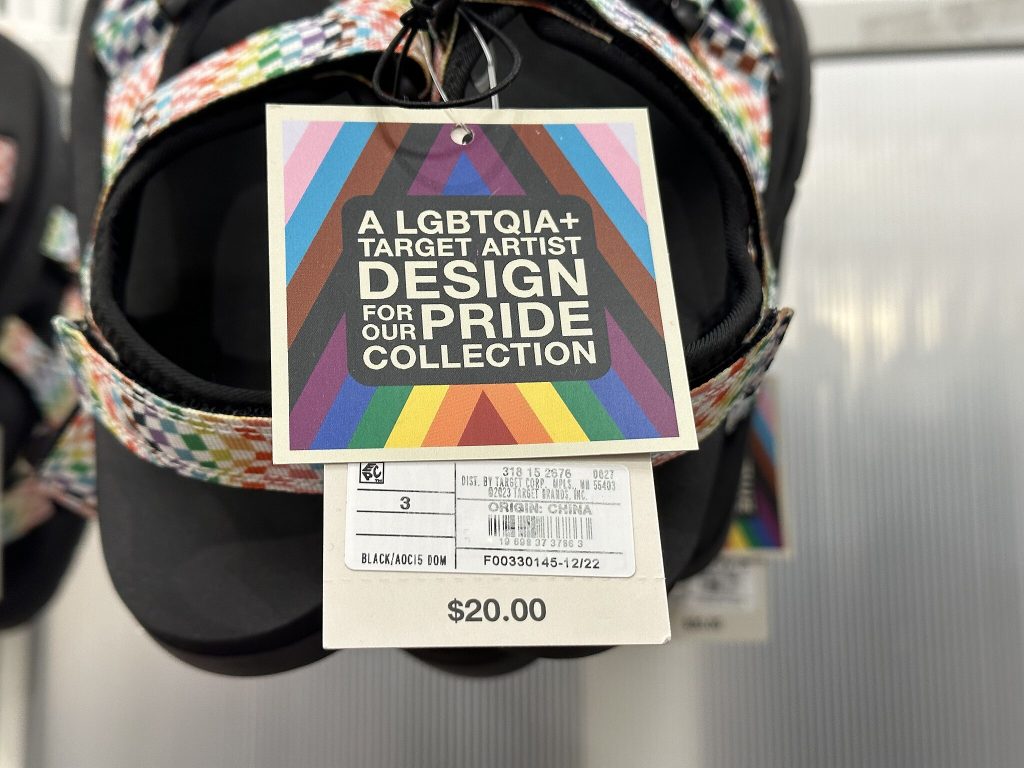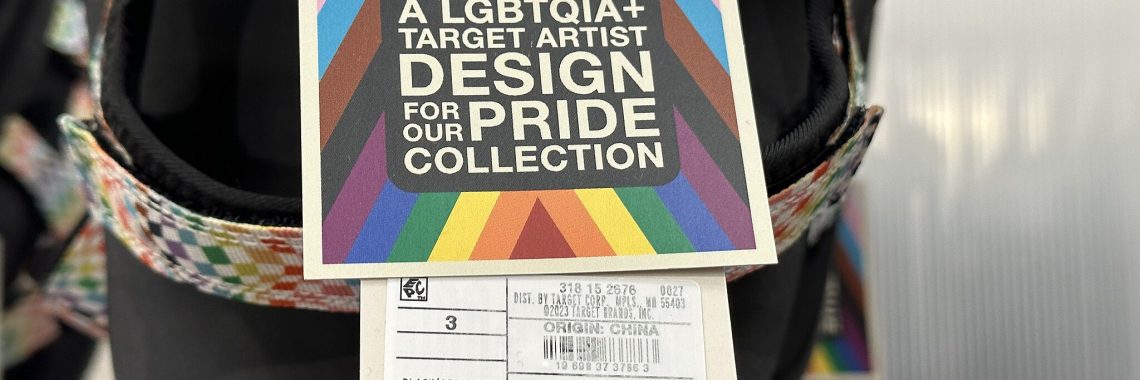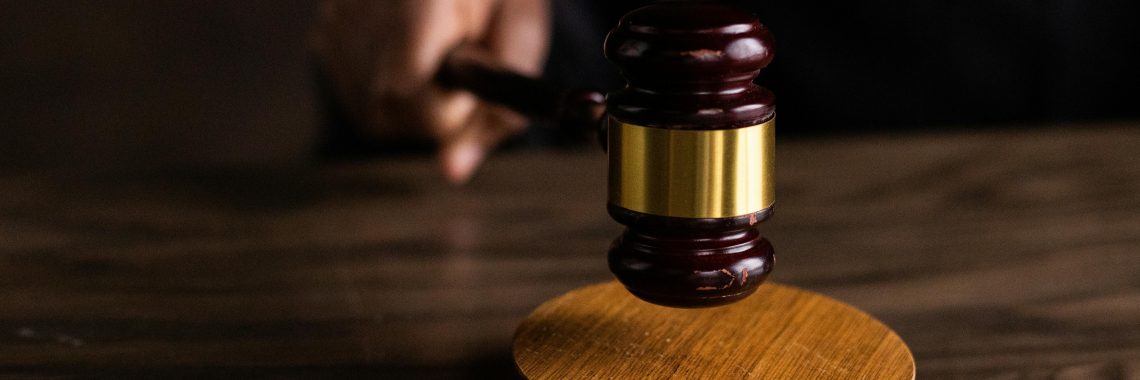Target Quietly Reducing Pride-Themed Merchandise After 2023 Backlash

News outlets report retail giant Target will reduce the amount of LGBT pride-themed merchandise in its stores during Pride Month in June.
Last May, Target experienced significant backlash and declining sales after displaying transgender products in its stores, prompting Target to hold “emergency” meetings to figure out how to undo the damage.
In particular, last year Target made a point to market LGBT-themed onesies and rompers for newborn babies as well as other kids clothing.
Even though Target may be adjusting how its “pride” themed products are marketed in-store, the company continues to support radical, pro-LGBT efforts and organizations.
In a statement released last Thursday, Target said,
At Target, we know our business thrives when we create experiences that foster a sense of belonging. That’s why we support and celebrate the LGBTQIA+ community during Pride Month and year-round.
A few ways we’re celebrating during Pride Month and throughout the year:
- Our Pride+ Business Council will host internal events and experiences where interested team members can learn, reflect, celebrate and connect. It’s complemented by the year-round resources and benefits we provide to our LGBTQIA+ team members, reflecting our culture of care for all 400,000 people who work at Target.
- We’re joining local Pride events in our hometown of Minneapolis and around the country.
- We’re offering a collection of products including adult apparel and home and food and beverage items, curated based on consumer feedback. The collection will be available on Target.com and in select stores, based on historical sales performance.
- We continue to support LGBTQIA+ organizations year-round, including Human Rights Campaign, Family Equality and more.
- Target also spotlights LGBTQ-owned brands in our assortment during Pride Month and throughout the year in our stores and online.
It’s troubling to see multimillion dollar corporations use their wealth and influence to promote radical LGBT ideologies.
The recent backlash companies like Target, Disney, Anheuser-Busch, and others have received shows Americans are tired of corporate, pro-LGBT pandering.
Ironically, when companies face the sort of pushback Target did last year, they tend to blame the customers for being “transphobic” rather than take responsibility for their business decisions.
All of that ought to show how out-of-step these corporations are with everyday Americans.
Photo Credit: Phillip Pessar, CC BY 2.0, via Wikimedia Commons




